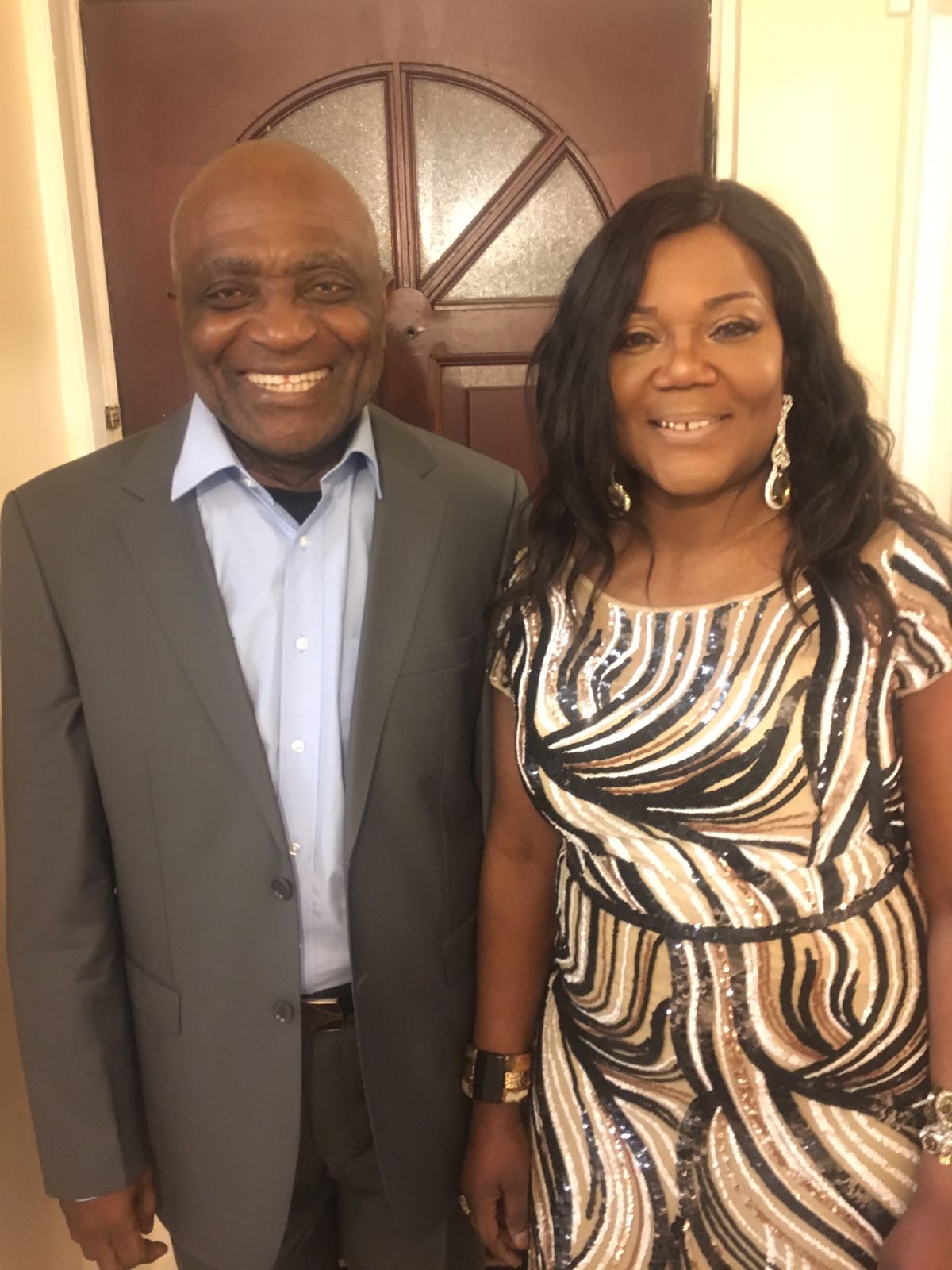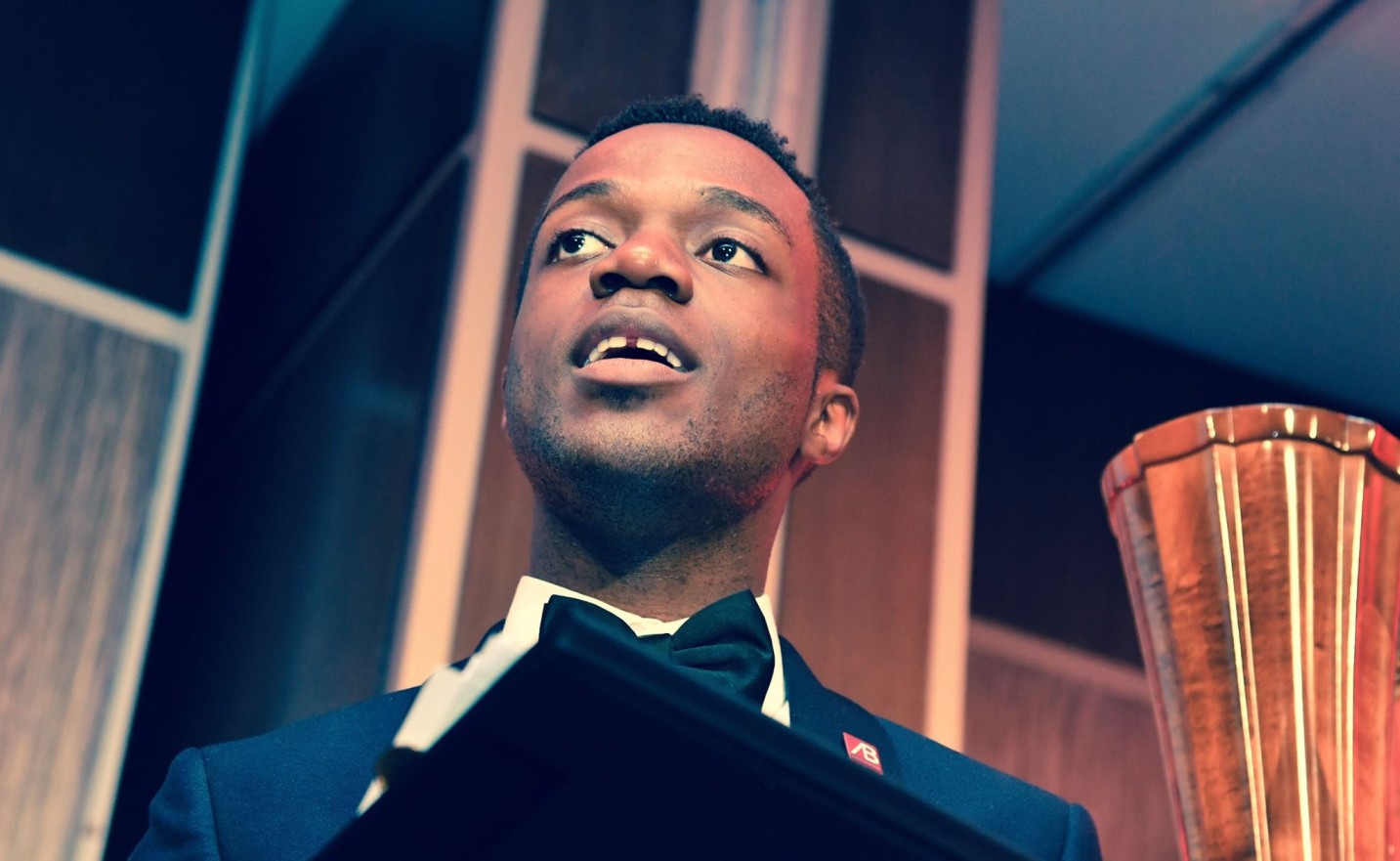
‘I’m not a victim, I’m interested in helping people’: Dylan Kawende on crowdfunding his Cambridge Law degree
The son of Rwandan genocide refugees has currently raised £24,000 of his target £66,000
Dylan Kawende, British-born son of two Rwandan genocide refugees, has been forced to crowdfund his dream of a place to study post-graduate law at Cambridge. He hopes to become an academic and a barrister with a focus on human rights “to make a positive difference”, but law conversion courses are not entitled to student loans.
Kawende has currently raised over £24,000 for his degree, which is more than a third of the amount required so far, but it is still not sufficient for him to be able to accept his place at Cambridge. Having applied in his last year at UCL in October 2018 for an October 2019 start, Kawende had raised only £12,000, and was consequently forced to defer since he didn’t raise the money over a three month window. He has re-launched his crowdfunding effort in order to raise over £60,000 by July to cover tuition and accommodation fees. Whilst he has also applied for three scholarships worth £28,000 together, Kawende still has a long way to go before he can fulfil his dream.
Kawende’s story brings up a lot of questions around access and privilege. Growing up in a low-income household, the son of refugees and being the first in his family to attend a Russell Group university, he is naturally at a huge disadvantage in comparison to the average Cambridge post-graduate student. He was surprised by Cambridge’s lack of funds for senior status students. Before discussing the particulars of his funding, we asked his opinion on where the problem of un-fundable degrees comes from. “It is multifaceted, and I don’t think the buck stops with the university. I’m not going to blame Cambridge or universities for them not knowing that, it’s a two way street. Universities need to do a better job at providing parents with the information they need to then make wise decisions surrounding student finance.
“Governments and institutions like Cambridge are glacially slow at implementing wide systematic change, so before relying on them to do that, I think it’s good to think about what the individual can do. People in the BAME community often face that knowledge gap or deficit. The information needs to be available to us.”

Kawende’s parents: Dad (left) and Mum (right) Photo credit: Dylan Kawende
This brings us to the main crux of Kawende’s campaign: Why is he pursuing crowdfunding to finance his degree as opposed to any other conventional means?
“It is an awkward position to be in because I would love to be able to pay my own way, spending the next few years working, but I don’t think Cambridge would be happy to hold my place. I haven’t yet had the conversation with Cambridge as to whether or not they’d accept another deferral. That’s because I only want to have that conversation if I once again don’t raise enough or if I raise enough for the first year but not the second year.
“It is hard to say how much of a difference working would have made because it’s still a lot of money. I don’t think I could have made that much working part time.” Kawende makes a valid point here; £60,000 is around twice the yearly UK median salary. He would have to have to have worked full time for two full years, saving every penny, which was not possible for him given his studies.
“If Cambridge could restructure itself in such a way that senior status law students could have access to more scholarships that would be great”, he said. However, the absence of loans for law conversion students is nationwide, not just at Cambridge. “I do think that needs to change. They should be treated like any other first-time degree, because they have a career attached to them.”

Kawende co-hosting the AB Gala Dinner in 2017 Photo credit: Dylan Kawende
Speaking to Dylan, it’s obvious he’s passionate about his future, especially the chance to become a barrister. “Since sixth form law has appealed to me as a career path because you essentially get paid to be very good at debating and public speaking, while being an advocate. Ideas like individual liberty and human rights are important to me and I think lawyers have a unique role in upholding these ideas. I like the emphasis on arguing your case in such a way that it results in a fair outcome. In other degrees such as philosophy you can get away with not giving a definitive answer, you defend a viewpoint but can always make concessions. With the law you have to come up with a definitive answer. I also like the idea of being able to affect change and being able to see the impact of my work on a day to day basis, rather than just staying in academia and not be certain your work will have a tangible effect on someone.”
Besides his many academic achievements, he believes he brings another asset to the table: “Representation at the bar, in the legal profession could be a lot better. With my experience as the son of refugees, I think I bring a unique perspective. That’s not to say my perspective is superior but it is different and I think that is important, because if the law is meant to help govern society in all of its diversity then it is important to have legal professionals who come from different backgrounds.
“I think part of the reason why I have raised more than a third of the amount required so far is because people want to see someone like me in a role where I’m in a position to help others, not just in my community but in society in general. Most people are generous and kind.”
That isn’t to say he hasn’t received any backlash. One of the biggest objections is the sheer magnitude of how much he is asking for. “My response is that it’s not me asking for this money, this is the amount the university told me to raise. I’m just one individual, I’m not in the position to raise the amount myself.”
More cynical people have criticised Dylan for “exploiting his disadvantage” in order to raise the money. Dylan commented: “I’ve tried to emphasise my ambitions as opposed to my past or my family background. I’ve given my background in order to give a bit of context to why I am in this position and why I have to ask for donations, not so much for sympathy but for legitimacy. I think the reason people have supported so far is my trajectory and the impact I hope to have as a lawyer. I’m not a victim or trying to play a victim, this isn’t a sob story. I’m interested in helping people.”
This time last year Dylan was interviewed by The Times and admits that that experience led him to change his tack somewhat. “It was quite overwhelming, I won’t downplay how much of an impact that had on me, because I’d never received that much attention before and wasn’t sure how to deal with it. At that time I felt maybe I should have used the platform to talk about issues that really bother me and I still needed more time to work on myself and my views on very complex issues like race relations. These issues are very charged and easy to get emotionally charged over. I learnt from that experience last summer not to be that person, not to allow my emotions to take over. My approach now is, I’m just a student, and I want to study and get a degree and become a lawyer.”
For those of you who have read the page and are wondering if and how Dylan has time for any hobbies or non-academic interests, he assures us that there are many. “I enjoy playing basketball and at one point I was seriously considering becoming a basketball player. I also like to read Russian novels, especially Dostoyevsky. I volunteer at my church and when I was part of my youth group we did a lot of performances; song, dance, drama. My singing voice used to be a lot better but I still enjoy acting and would like to get involved with it at Cambridge.”
Kawende’s story highlights the importance of access. Ultimately the encouragement of talent and intellect should not be limited by means alone, and we would wholeheartedly encourage you to take a look at his page, which can be found here.
We wish him the best of luck in his campaign.
Cover Photo Credit: Dylan Kawende









































